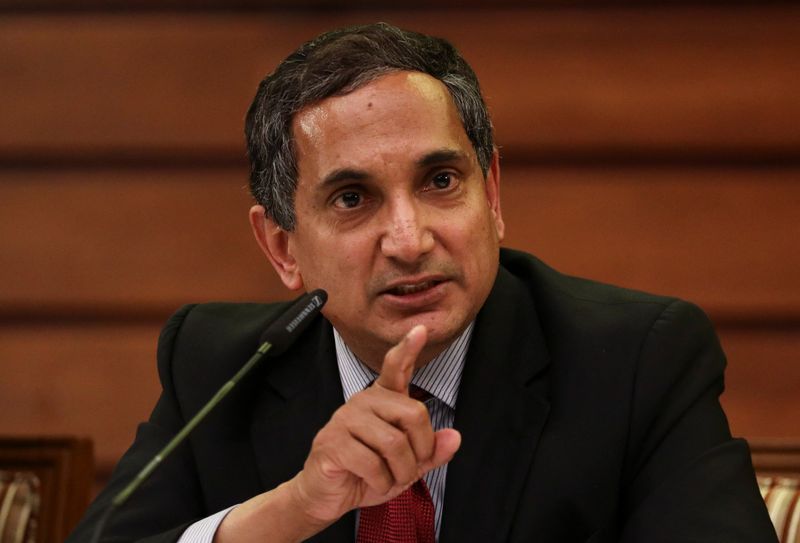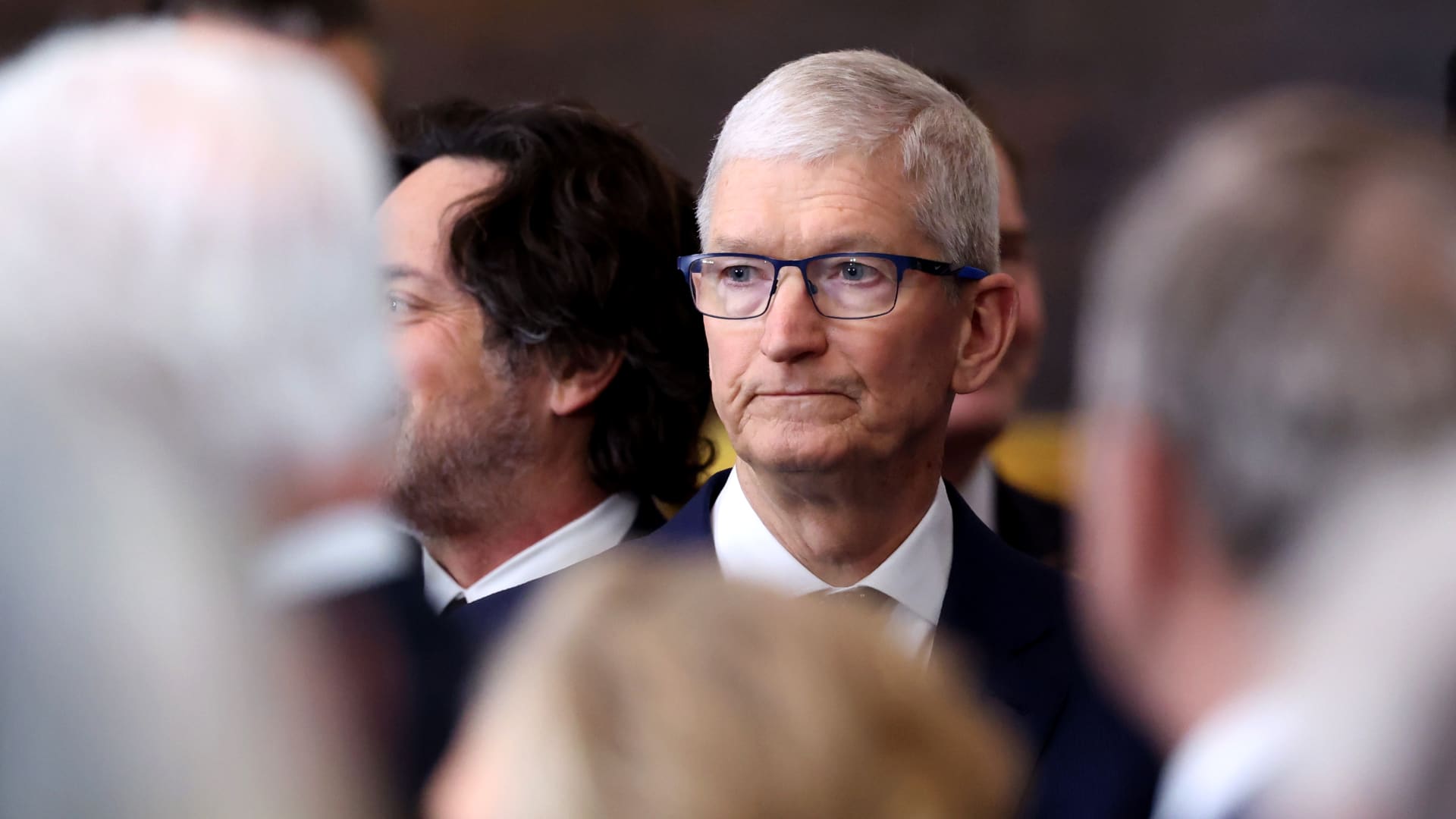By Leika Kihara
TOKYO (Reuters) -Japan should fund any further spending plans inside its finances slightly than situation extra debt, the Worldwide Financial Fund mentioned on Friday, urging the federal government to get its fiscal home so as because the central financial institution begins to boost rates of interest.
“Given the truth that financial coverage normalisation is going on, it places the onus on the fiscal facet to really embark on consolidation, which is, for my part, lengthy overdue,” Krishna Srinivasan, director of the IMF’s Asia and Pacific Division, instructed Reuters in an interview.
Japanese Prime Minister Shigeru Ishiba has pledged to compile one other large-scale spending bundle to cushion the blow to households from rising prices. He has not commented but on how the spending might be funded.
“Any form of help you are offering ought to be much more focused, and any form of new initiative ought to be financed throughout the finances,” Srinivasan mentioned. “You shouldn’t be growing extra debt to supply for any new initiative.”
On financial coverage, Srinivasan mentioned the Financial institution of Japan ought to elevate rates of interest in a “gradual” and “data-dependent” means as there have been each upside and draw back dangers to inflation.
The BOJ maintained ultra-low rates of interest on Thursday however mentioned dangers across the U.S. economic system have been considerably subsiding, signalling that circumstances are falling into place to boost rates of interest once more.
BOJ Governor Kazuo Ueda has mentioned the central financial institution will maintain elevating rates of interest, at the moment at 0.25%, if Japan makes progress in direction of sustainably attaining its 2% inflation goal.
“I believe the BOJ is doing the appropriate factor. It is doing every part doable to ensure that inflation and inflation expectations are anchored at 2% over the coverage horizon,” Srinivasan mentioned.
A chronic interval of ultra-low charges in Japan has been partly behind the yen’s current downturn. The foreign money weak spot in flip is hurting retailers and households by pushing up the price of importing gas and uncooked materials.
Japanese authorities have mentioned the yen’s current strikes have been “one-sided” and sharp, issuing a warning to buyers towards pushing down the foreign money an excessive amount of.
Srinivasan mentioned foreign money markets might expertise some volatility when there was “a lot uncertainty” in regards to the financial outlook of Japan and the USA, and elements that would enlarge the strikes comparable to an unwinding of yen carry merchants.
“However broadly talking, I believe they’re totally dedicated to the versatile change charge regime,” he mentioned of Japanese authorities’ stance on yen strikes.
Japan’s public debt, at twice the scale of its economic system, is the most important amongst main nations because of big spending packages delivered up to now and the rising social welfare prices for a quickly ageing inhabitants.
On China, Srinivasan mentioned the precedence for authorities have to be to repair the nation’s property sector woes that have been resulting in “very weak” consumption and funding.
“The property sector issues haven’t been addressed in a complete means, and that has led to client confidence plummeting,” he mentioned. The ensuing slack within the economic system was pushing down costs and heightening the chance of deflation in China, he added.

Falling export costs in China would additionally damage international locations in Asia with related export buildings comparable to South Korea and Vietnam, as they might additionally want to permit their currencies to weaken to be able to compete with low-cost Chinese language items, he mentioned.
“China wants to maneuver away from an funding and export-led mannequin, to a consumption-led mannequin, which suggests they need to beef up their social security nets,” Srinivasan mentioned.



